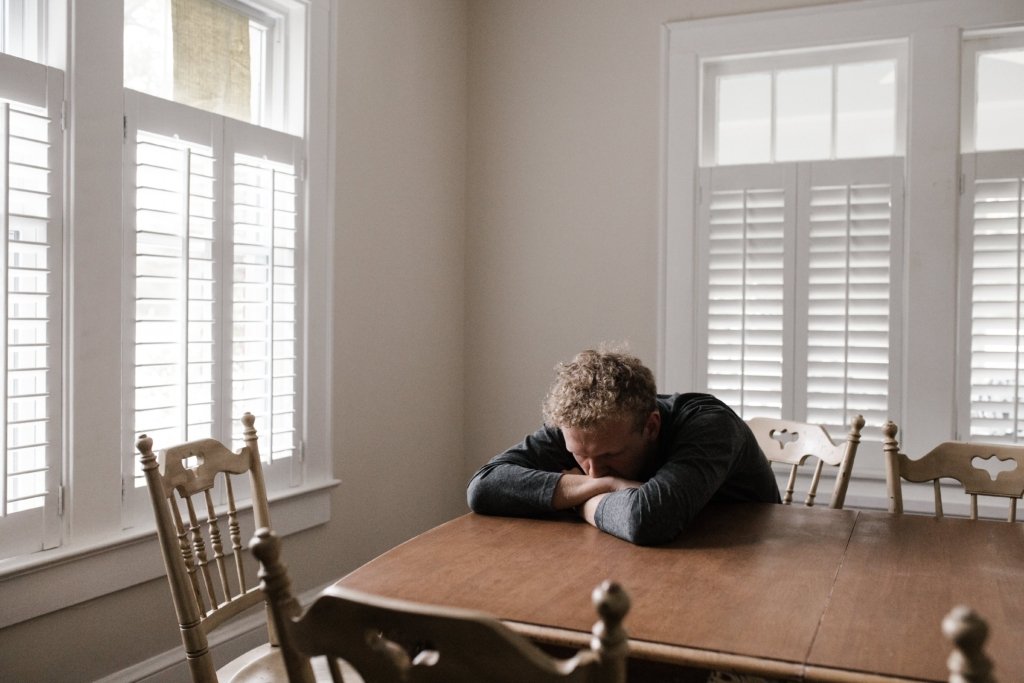Depression and mood disorders encompass a range of conditions characterized by persistent changes in mood, affecting one’s emotional well-being and daily functioning. Recognizing the symptoms and seeking appropriate treatment are crucial steps toward recovery. Psychiatrists play a vital role in diagnosing, understanding, and implementing effective interventions for individuals grappling with depression and mood disorders.
Common Symptoms of Depression and Mood Disorders:
- Persistent Sadness: Feeling overwhelmingly sad, hopeless, or experiencing a lack of interest or pleasure in activities once enjoyed.
- Changes in Sleep Patterns: Insomnia or oversleeping may be indicative of mood disorders.
- Fatigue: A persistent feeling of tiredness or low energy levels.
- Changes in Appetite: Significant weight loss or gain, along with changes in appetite, can be symptomatic.
- Difficulty Concentrating: Impaired concentration, indecisiveness, and diminished cognitive abilities.
- Psychomotor Agitation or Retardation: Either an increase or decrease in physical movements.
- Feelings of Worthlessness or Guilt: A pervasive sense of guilt, worthlessness, or self-blame.
- Recurrent Thoughts of Death or Suicide: Persistent thoughts of death, dying, or suicidal ideation.


Treatment Approaches:
1. Psychotherapy:
- Cognitive-Behavioral Therapy (CBT): Identifying and challenging negative thought patterns to modify behaviors and alleviate symptoms.
- Interpersonal Therapy (IPT): Focusing on improving interpersonal relationships and communication to address mood disturbances.
2. Medication Management:
- Antidepressant Medications: Selective serotonin reuptake inhibitors (SSRIs), serotonin-norepinephrine reuptake inhibitors (SNRIs), and other classes of antidepressants are prescribed to alleviate symptoms.
- Mood Stabilizers: For individuals with mood disorders, mood stabilizers like lithium or anticonvulsant medications may be recommended.
3. Electroconvulsive Therapy (ECT):
- ECT for Severe Cases: Electroconvulsive therapy is considered for severe depression that does not respond to other treatments.
4. Supportive Therapy:
- Support Groups: Participating in support groups provides individuals with a sense of community and shared understanding, reducing feelings of isolation.
- Family Therapy: Involving family members in therapy sessions can enhance support and understanding, fostering a more supportive environment.
5. Lifestyle Modifications:
- Exercise and Nutrition: Regular physical activity and a balanced diet contribute to overall well-being and can positively impact mood.
- Sleep Hygiene: Establishing healthy sleep patterns promotes better mental health.
6. Holistic Approaches:
- Mindfulness and Meditation: Techniques promoting mindfulness and meditation can help manage stress and improve emotional well-being.
- Art and Music Therapy: Creative therapies offer alternative outlets for emotional expression and processing.
7. Gradual Rehabilitation:
- Occupational and Recreational Therapy: Engaging in activities that bring joy and fulfillment helps individuals regain a sense of purpose and routine.
8. Regular Follow-Up:
- Monitoring and Adjusting Treatment: Regular follow-up appointments with the psychiatrist allow for the assessment of treatment efficacy and necessary adjustments.
Depression and mood disorders are complex conditions that require a comprehensive and individualized treatment approach. Psychiatrists, in collaboration with therapists and other healthcare professionals, aim to address not only the symptoms but also the underlying factors contributing to the mood disturbance. By combining psychotherapeutic interventions, medication management, and supportive therapies, individuals can embark on a path toward recovery and improved mental health. Early intervention, accurate diagnosis, and ongoing support are crucial elements in managing depression and mood disorders effectively. Individuals experiencing symptoms or concerned about their mental health are encouraged to seek professional help for a thorough assessment and personalized treatment plan. With appropriate care and support, individuals can work towards reclaiming a fulfilling and emotionally balanced life.


